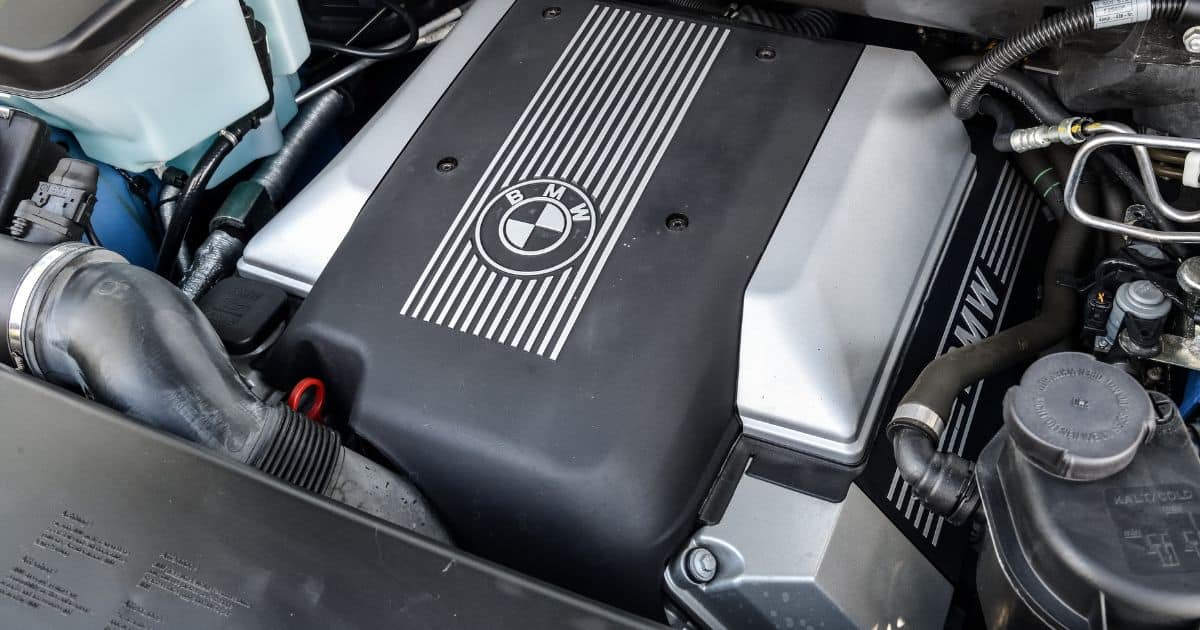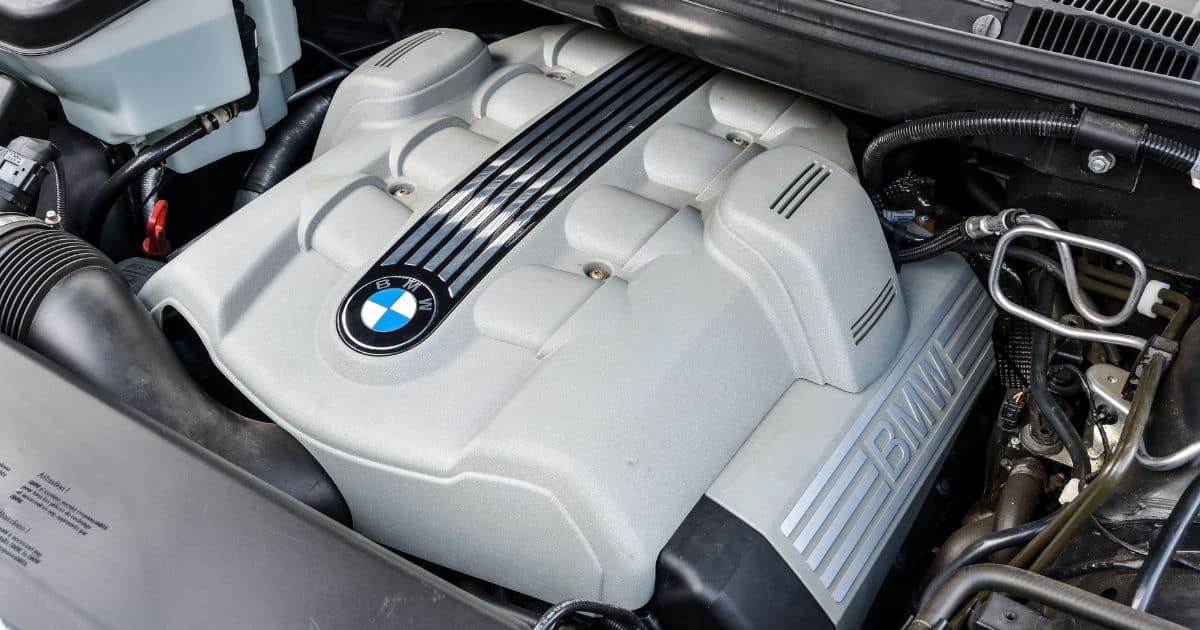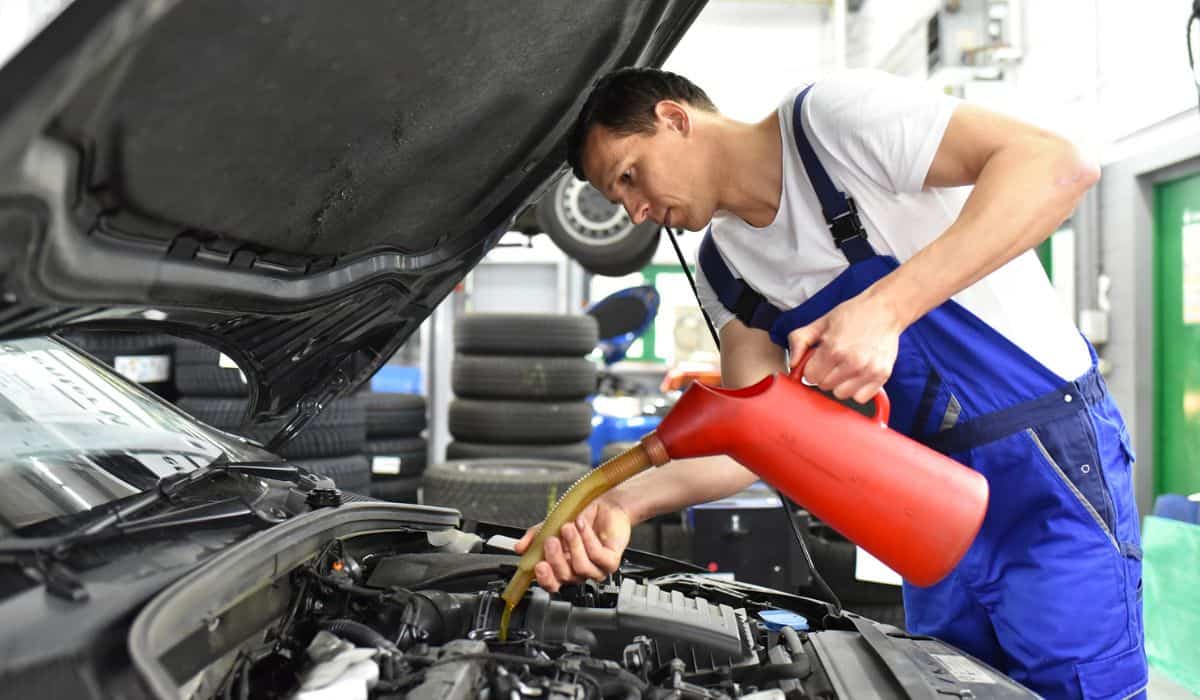Are BMW Engines Reliable? A Comprehensive Analysis
BMW is a brand that is synonymous with luxury and high-performance vehicles. However, when it comes to reliability, BMW has had its fair share of criticism. The question of whether BMW engines are reliable is one that has been asked time and time again. In this article, we will explore the reliability of BMW engines based on research and expert opinions.

While you are researching BMW engines, check out the full BMW category page and save these articles for further reading: Understanding the BMW Warranty, BMW Reliability — how reliable are they? and BMW Maintenance Costs!
According to various sources, BMW engines are largely reliable. In fact, some BMW engines are known to surpass 200,000 miles without needing much more than routine maintenance services.
However, like any other car brand, BMW has had its share of engine problems, particularly with some of its older models. Therefore, it is important to consider the specific engine models and their reliability records before making a purchase. In the following sections, we will take a closer look at some of the most reliable BMW engines and those that are known to have recurring issues.
BMW Engine Reliability
Overview
BMW is known for producing high-performance vehicles, and engine reliability is critical in maintaining this reputation. The reliability of BMW engines has been a topic of discussion among car enthusiasts and consumers alike. While some models have had issues, BMW engines are generally considered reliable when properly maintained.
Factors That Affect BMW Engine Reliability
Several factors affect the reliability of BMW engines. Regular maintenance is crucial to ensure that the engine is running correctly. Neglecting maintenance can lead to engine failure, which can be costly to repair. Also, driving habits, such as aggressive driving or failing to warm up the engine before driving, can impact engine reliability.
Most Reliable BMW Engines
Some BMW engines have a reputation for being more reliable than others. Here are a few of the most reliable BMW engines:
| Engine Model | Description |
|---|---|
| B48 | 2.0L inline 4 engine that powers several BMW models |
| M60 | V8 engine that was used in BMW models from the 1990s |
| N52 | Inline 6 engine that was used in BMW models from 2004-2015 |
It’s essential to note that even the most reliable engines can experience issues if not correctly maintained. Regular maintenance, including oil, filter, and tune-ups, is vital to keep any engine running correctly.
BMW engines are generally reliable when properly maintained. Regular maintenance and responsible driving habits are crucial to ensure that the engine runs smoothly. While some models have had issues, many BMW engines have a reputation for being reliable.
Learn More: Here’s why BMW oil changes are so expensive
BMW Engine Types
BMW is known for producing high-quality engines that are both powerful and reliable. There are several different types of BMW engines, each with their own unique characteristics and benefits. This section will explore the different types of BMW engines and what makes them stand out.
Naturally Aspirated Engines
Naturally aspirated engines are those that do not rely on a turbocharger or supercharger to increase their power output.
Over the years, BMW has produced several naturally aspirated engines, such as the N52 and M54 engines. These engines are known for their smooth power delivery and excellent sound. They are also generally more reliable than turbocharged engines, as they have fewer parts that can fail.
Turbocharged Engines
Turbocharged engines are becoming increasingly popular in modern BMW models, such as the B58 engine found in the Z4 and 7 Series.
These engines use a turbocharger to increase their power output, allowing them to produce more horsepower and torque than naturally aspirated engines. However, they are generally less reliable than naturally aspirated engines, as they have more parts that can fail.
V8 Engines
V8 engines are a staple of the BMW lineup, with models such as the M3 and 7 Series featuring powerful V8 engines. These engines are known for their excellent power output and smooth performance. However, they are generally less fuel-efficient than other engine types and can be more expensive to maintain.

Diesel Engines
BMW also produces several diesel engines, such as the M57 engine found in the 335d sedan and early X5 models. These engines are known for their excellent torque output and fuel efficiency. However, they can be more expensive to maintain than gasoline engines and may produce more emissions.
Regarding BMW engine reliability, it is important to note that each engine type has unique strengths and weaknesses. For example, naturally aspirated engines are generally more reliable than turbocharged engines but may not produce as much power.
V8 engines are powerful and smooth but may be less fuel-efficient than other engine types. Diesel engines are fuel-efficient and torquey but may produce more emissions than gasoline engines.
| Engine Type | Pros | Cons |
|---|---|---|
| Naturally Aspirated | Smooth power delivery, excellent sound, reliable | Less power than turbocharged engines |
| Turbocharged | More power and torque, modern technology | More parts that can fail, less reliable |
| V8 | Powerful and smooth, excellent performance | Less fuel-efficient, more expensive to maintain |
| Diesel | Excellent torque and fuel efficiency | More emissions, more expensive to maintain |
Overall, BMW produces some of the most reliable engines on the market, with a wide range of engine types to suit different needs and preferences. Whether you are looking for power, fuel efficiency, or a balance of both, BMW has an engine that will fit the bill.
Further Reading: Do All BMW Vehicles Require Premium Gas?
BMW Engine Longevity
When it comes to longevity, BMW engines are known for their power and reliability. However, like any other car engine, BMW engines require proper maintenance to ensure they last for a long time. In this section, we will discuss the factors that affect BMW engine longevity and maintenance tips for prolonging BMW engine life.
Factors That Affect BMW Engine Longevity
Several factors can affect the longevity of BMW engines. These include:
- Compression Ratio: The compression ratio of an engine affects its longevity. BMW engines with a higher compression ratio tend to have a shorter lifespan than those with a lower compression ratio.
- Valvetronic System: The Valvetronic system is a variable valve lift system that controls the engine’s intake valves’ lift. The system can wear out over time, affecting engine performance and longevity.
- Cooling System Issues: BMW engines are known for their cooling system issues, which can lead to overheating and engine damage.
- High-Sulfur Gasoline: Using high-sulfur gasoline can cause engine damage and reduce engine longevity.
- Specs: The engine’s specs, such as the number of cylinders, displacement, and power output, can affect its longevity.
Maintenance Tips for Prolonging BMW Engine Life
Proper maintenance is essential to prolonging the life of BMW engines. Here are some tips to help keep your BMW engine running smoothly:
- Regular Oil Changes: Regular oil changes are essential to keep your BMW engine running smoothly. BMW recommends changing the oil every 10,000 miles or once a year, whichever comes first.
- Replace the Timing Belt: The timing belt is a critical component of the engine’s timing system. BMW recommends replacing the timing belt every 60,000 miles.
- Check the Cooling System: Regularly check the cooling system for leaks, and replace any damaged parts immediately.
- Use High-Quality Fuel: Using high-quality fuel can help prolong the life of your BMW engine.
- Avoid Overheating: Avoid driving your BMW engine to the point of overheating, as this can cause engine damage.
To summarize, BMW engines are reliable, but proper maintenance is essential to ensure they last for a long time. Regular oil changes, replacing the timing belt, checking the cooling system, using high-quality fuel, and avoiding overheating are some of the maintenance tips to help prolong BMW engine life.

Keep Exploring BMW: What BMW Has The Least Amount Of Problems?
BMW Engine Performance
When it comes to engine performance, BMW has a reputation for producing powerful and reliable engines. In this section, we’ll take a closer look at some of the performance variants, most powerful, bulletproof, and engines with forged crankshafts.
Performance Variants
BMW has a number of performance variants in their lineup, including the M series and the Alpina models. These vehicles are designed for performance and offer impressive power and handling. The E39 M5, for example, is a performance variant of the 5 Series that features a 4.9-liter V8 engine and can reach 60 mph in just 4.8 seconds.
Most Powerful BMW Engines
The most powerful BMW engine currently available is the S58 engine, found in the BMW X3 M and X4 M models. This engine produces up to 503 horsepower and 442 lb-ft of torque. The BMW M8 Competition Coupe also features a powerful engine, producing up to 617 horsepower and 553 lb-ft of torque.
Bulletproof BMW Engines
Some BMW engines have gained a reputation for being bulletproof, meaning they are incredibly reliable and can last for hundreds of thousands of miles with proper maintenance. The M20 engine, found in the E30 325i, is one such engine. This engine is known for its durability and longevity.
Forged Crankshaft
A forged crankshaft is a stronger and more durable type of crankshaft that is often found in high-performance engines. BMW has used forged crankshafts in a number of their engines, including the N54 and N55 engines found in the 1 Series and 3 Series models.
To illustrate the power and performance of some of BMW’s engines, here is a table comparing some of their most notable engines:
| Engine Model | Horsepower | Torque | Top Speed | 0-60 mph Time |
|---|---|---|---|---|
| S58 (X3 M and X4 M) | 503 | 442 lb-ft | 177 mph | 3.3 seconds |
| S62 (E39 M5) | 394 | 369 lb-ft | 186 mph | 4.8 seconds |
| N54 (135i and 335i) | 300 | 300 lb-ft | 155 mph | 5.3 seconds |
| M20 (E30 325i) | 168 | 164 lb-ft | 132 mph | 7.4 seconds |
BMW engines are known for their power, performance, and reliability. Whether you’re looking for a high-performance sports car or an SUV with towing capacity, BMW has an engine that can meet your needs.
